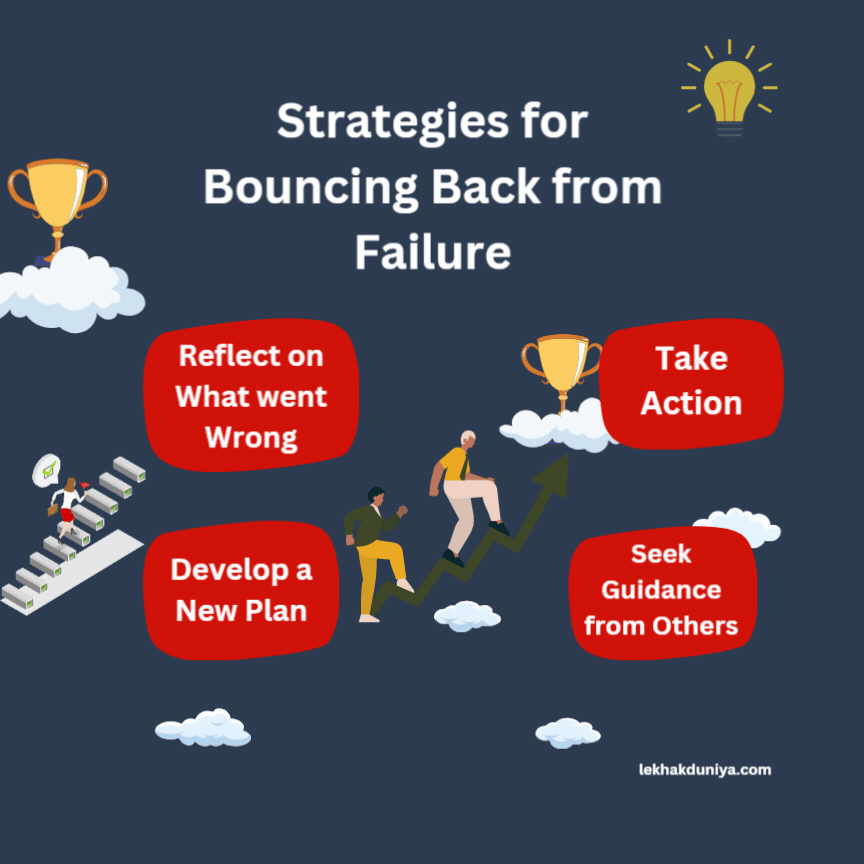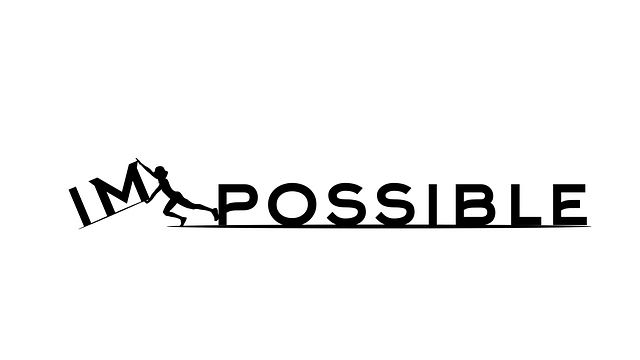The Importance of Failure in Growth
Failure has long been misunderstood as the end of the road, a final verdict on one’s efforts. But what if failure is, in fact, the beginning of personal growth? In a culture that glorifies success and minimizes failure, many overlook how essential failure is in shaping who we are. The lessons learned from failure go far beyond simple trial and error—they mold our resilience, expand our perspective, and refine our skills. By embracing failure, we accelerate our personal development and discover new pathways to success.

In this blog, we’ll explore failure’s critical role in personal growth, diving into why setbacks are inevitable and how the lessons learned from failure can guide us to become better versions of ourselves.
Table of Contents
Why Failure Is a Stepping Stone to Personal Growth
One of the greatest lessons learned from failure is that it is not the opposite of success but a part of it. People who succeed are often those who have faced the most significant setbacks. Each failure serves as a stepping stone, teaching us invaluable lessons that shape our journey toward success.

Consider Thomas Edison, whose famous quote “I have not failed. I’ve just found 10,000 ways that won’t work” – After trying 10,000 times and failing, I’ve learned valuable lessons that eventually led to success”- a statement that highlights a growth mindset. Edison viewed every failed attempt as part of the process leading him to his eventual invention of the electric light bulb. The lessons learned from failure were essential to his eventual success, highlighting the idea that perseverance, combined with learning from mistakes, is a formula for growth.
Similarly, every failure in life teaches us something valuable. It forces us to reflect, adapt, and refine our approach. These small adjustments, drawn from the lessons learned from failure, propel us closer to our goals. Without failure, we wouldn’t develop the resilience, grit, or innovative thinking necessary for long-term success.
Shifting Your Mindset: How to Embrace Failure as an Opportunity

The first step in turning failure into personal growth is shifting your mindset. Most people fear failure because they see it as a final judgment of their abilities. However, when you adopt a growth mindset—rooted in the belief that abilities and intelligence can be developed—you begin to view setbacks differently. Instead of seeing them as dead ends, you start to see them as valuable feedback.
Psychologist Carol Dweck’s growth mindset theory is particularly relevant here. According to Dweck, individuals with a fixed mindset view failure as evidence of their limitations. In contrast, those with a growth mindset understand that lessons learned from failure offer opportunities for improvement. This shift in perspective allows you to treat every setback as a learning experience rather than a reflection of your worth.
In personal and professional contexts, adopting this growth mindset is crucial for progress. Whether you’re starting a business, trying to improve a relationship, or learning a new skill, setbacks are inevitable. The lessons learned from failure can guide you in adjusting your approach, developing new strategies, and continuing forward with renewed focus.
The Psychological Benefits of Failure
Failure is not just about learning what went wrong; it also provides numerous psychological benefits. One of the most powerful lessons learned from failure is that it builds emotional resilience. Facing setbacks forces us to confront negative emotions such as disappointment, frustration, and self-doubt. Over time, learning to manage these emotions strengthens our emotional intelligence, making us better equipped to handle future challenges.

Moreover, failure encourages creative problem-solving. When one approach fails, we are forced to think outside the box and find new ways to succeed. This mental flexibility is one of the key lessons learned from failure and is highly transferable to various aspects of life, whether it’s overcoming personal challenges or succeeding in professional endeavors.
In addition, failure fosters empathy. Having faced setbacks ourselves, we become more understanding and compassionate toward others experiencing similar difficulties. This empathy strengthens our relationships and enhances our ability to work effectively in teams. The lessons learned from failure in this context extend beyond personal growth—they contribute to our overall social and emotional development.
Lessons Learned from Failure: Turning Setbacks into Success Stories
The most valuable lessons learned from failure come when we recognize that mistakes are not final—they are part of the journey to success. In every failure lies an opportunity to grow, adapt, and try again with a better approach. Whether you are navigating a personal setback or a professional one, turning failures into learning experiences is the key to long-term growth.

Let’s take a closer look at J.K. Rowling’s story. Before becoming one of the most successful authors in the world, Rowling faced a series of rejections and personal hardships. She submitted her manuscript to multiple publishers, only to be turned down repeatedly. Instead of letting these setbacks define her, she chose to learn from them. Each rejection taught her something new—whether it was refining her writing, believing in her work, or staying resilient. Eventually, her persistence led to the publication of the Harry Potter series, one of the best-selling book franchises of all time. Rowling’s journey is a testament to the lessons learned from failure: perseverance, self-belief, and a commitment to continuous improvement.
In our own lives, the lessons learned from failure can transform even the biggest setbacks into successes. Whether you’ve failed in business, relationships, or personal goals, the key is to reflect on what went wrong and adjust your approach.
For example–
- If a business fails, the lessons learned from failure might include better financial management, understanding market needs, or improving leadership skills.
- If a relationship ends, it could teach you what you value most in a partner or how to better communicate your needs.
The ability to extract these lessons and apply them moving forward is what turns failure into success.
Practical Strategies for Bouncing Back from Failure
While understanding the value of failure is important, learning how to bounce back is equally critical. Here are some practical strategies for rebounding after a setback and extracting the most important lessons learned from failure:

- Reflect on What Went Wrong: After experiencing a failure, take the time to assess the situation objectively. What factors contributed to the outcome? What could you have done differently? Reflection allows you to identify the root causes and key lessons learned from failure so that you can avoid similar mistakes in the future.
- Develop a New Plan: Once you’ve identified the lessons, it’s time to adjust your approach. Whether it’s setting new goals, refining your strategy, or developing a different mindset, incorporating the lessons learned from failure into your next steps will guide you toward success.
- Seek Guidance from Others: Sometimes, the emotional impact of failure can cloud our judgment. Seeking advice from mentors, friends, or family members can offer fresh perspectives and help you see the lessons learned from failure more clearly. Surrounding yourself with a support system also helps you stay motivated and focused.
- Take Action: The biggest mistake people make after failure is becoming paralyzed by it. The lessons learned from failure are only valuable if they are applied. Keep moving forward, even if it’s in small steps. Consistent effort and determination are essential in transforming setbacks into stepping stones for success. Staying committed and putting in effort are crucial for turning failures into successes.
Failure as a Continuous Journey

Failure is not a one-time event; it is an ongoing part of the human experience. Whether you’re navigating the challenges of personal growth or pursuing professional success, setbacks are inevitable. What matters most is how you react to these challenges and use them to grow. The lessons learned from failure are the building blocks for future success, shaping you into a more resilient, adaptive, and successful person. Instead of fearing failure, embrace it as a powerful tool for growth. Each setback is not the end—it’s merely a detour on the path to becoming the best version of yourself.




This is really interesting, You’re a very skilled blogger. I’ve joined your feed and look forward to seeking more of your magnificent post. Also, I’ve shared your site in my social networks!
Lois Sasson I really like reading through a post that can make men and women think. Also, thank you for allowing me to comment!
I think you have mentioned some very interesting details, appreciate it for the post.